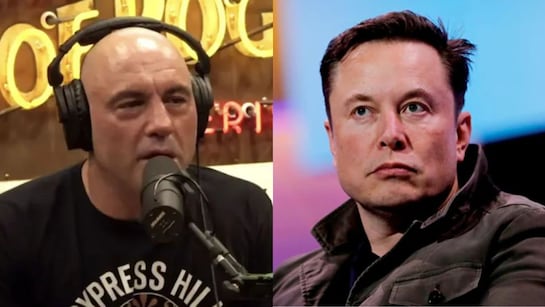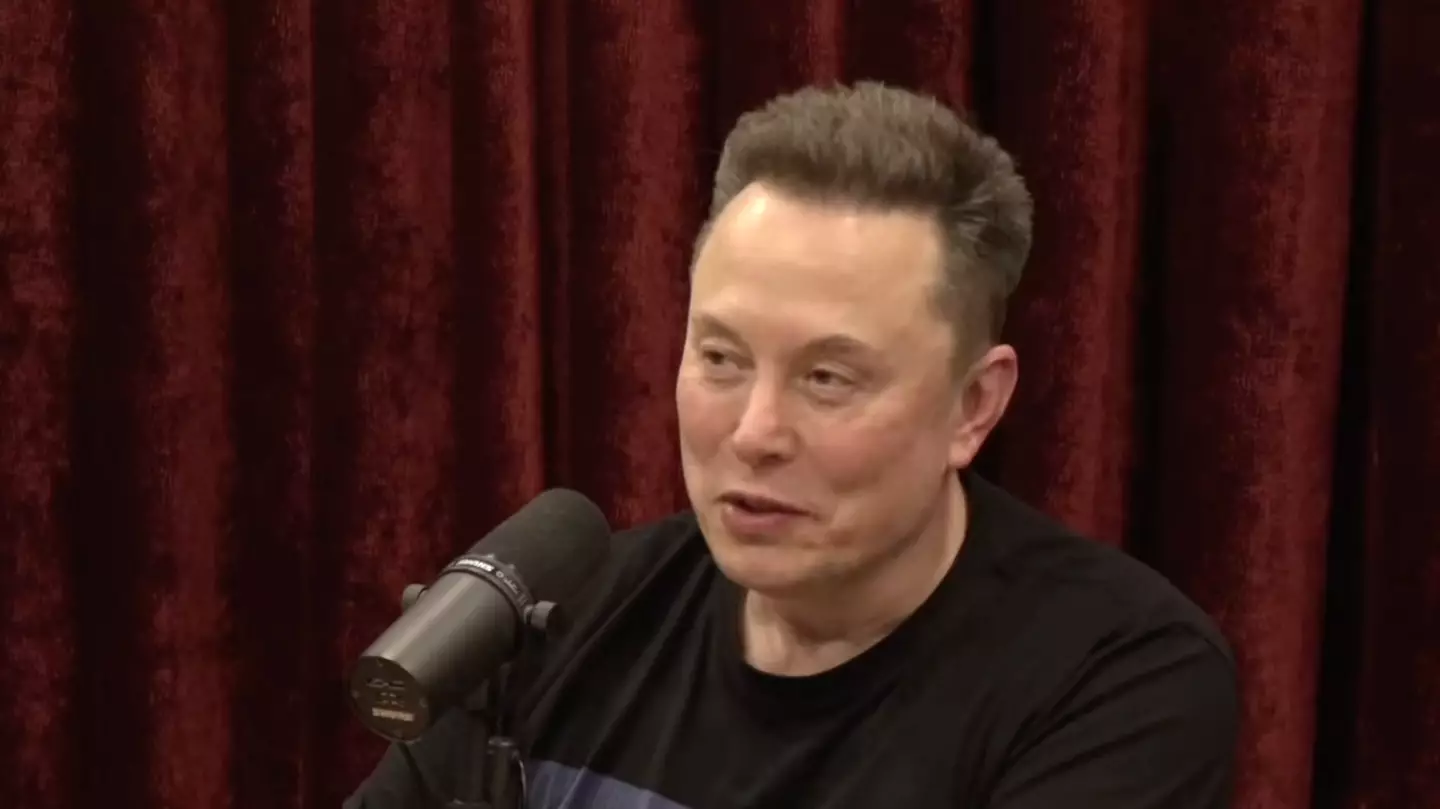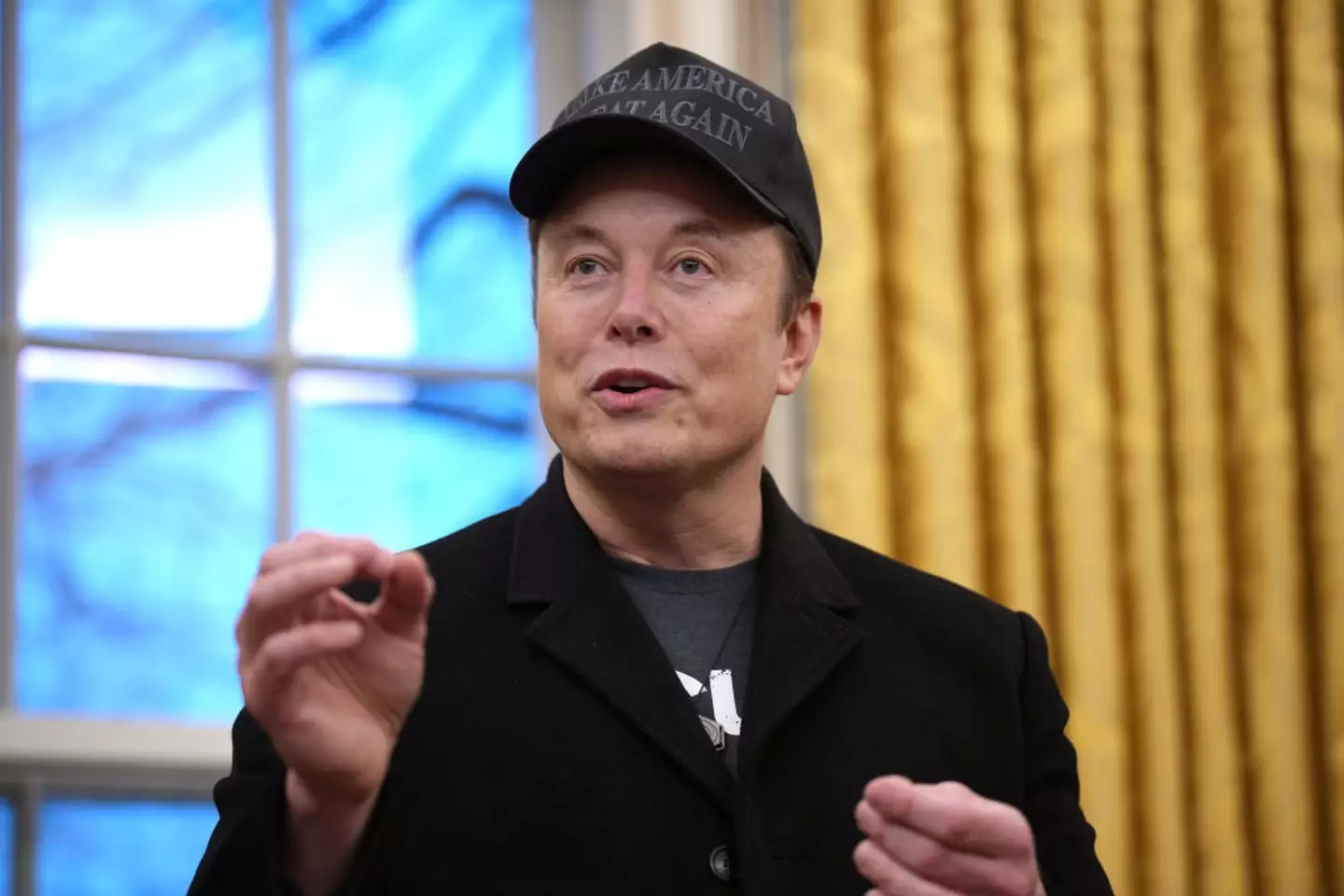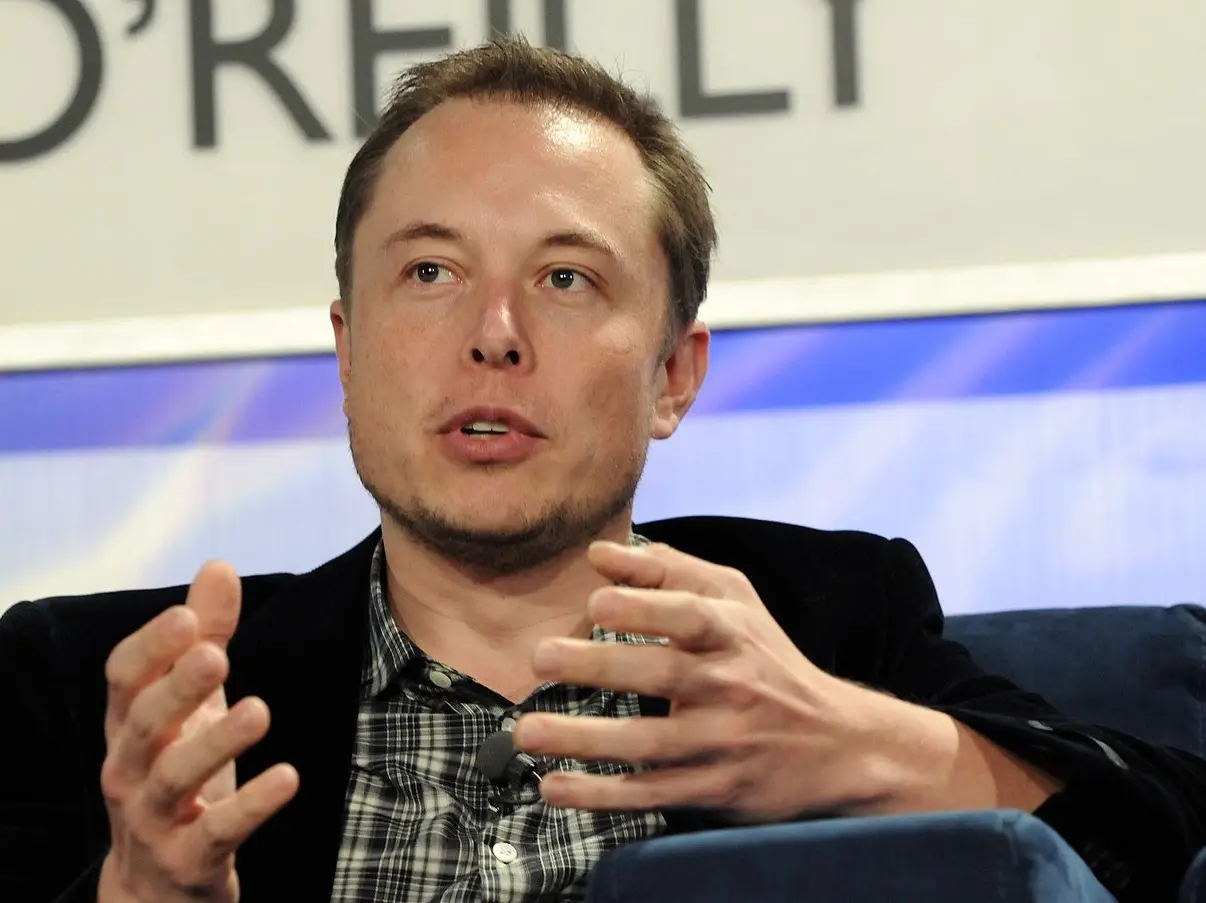When Elon Musk sat down with Joe Rogan on The Joe Rogan Experience, it wasn’t a conversation about rockets or electric cars that caught the headlines. Instead, it was a segment about the mysterious interstellar object 3I/ATLAS that has had scientists scratching their heads — and a moment that left Rogan, for once, nearly speechless. The tech billionaire’s remarks about the object, its possible alien origins, and his unusual “never committing suicide” line stirred the internet and amplified the debate on extraterrestrial life, scientific transparency and the risks of celestial intrusion.

The Background: What is 3I/ATLAS?
3I/ATLAS is currently the third known interstellar object to pass through our solar system — the “3I” standing for “third interstellar.” Astronomers noticed its hyperbolic trajectory, meaning it came from outside the solar system and is on its way out again.

What makes the object especially odd: its trajectory grazed near several planets (including Mars, Venus, and Jupiter), its composition appears rich in nickel with very little iron, and its emission pattern hints at non‑gravitational acceleration. These anomalies have led astrophysicists — notably Avi Loeb of Harvard — to suggest it might not be a natural comet but could conceivably be something more.

The Podcast Moment: Musk and Rogan’s Exchange
During a lengthy episode of The Joe Rogan Experience, Rogan asked Musk about his thoughts on the object and whether he believed it could be alien. Musk responded:

If I was aware of any evidence of aliens, Joe, you have my word I will come on your show and reveal it on the show.”
I’m never committing suicide, to be clear. So, on camera, guys, I am never committing suicide ever.”

Rogan’s reaction was one of mild shock and curiosity. At one point he said: “It depends on what the total mass is … this thing could obliterate a continent.” Musk agreed. That interplay — a tech mogul making a dramatic vow about alien evidence and an interstellar object with bizarre properties — created a viral moment. The phrase “never committing suicide” in this context was particularly provocative given the conspiracy‑meme culture around “they always kill the whistle‑blowers.”

Why This Matters: Science, Conspiracy & Public Trust
There are several layers to why this story grabbed traction:
The Balance Between Skepticism and OpennessIn one corner is the scientific consensus: 3I/ATLAS is most likely a natural object, bizarre but not extraterrestrial. In another corner are voices like Avi Loeb’s who believe the anomaly demands serious investigation into possible artificial origin. Musk’s comments sit somewhere between acknowledgment and teasing of the possibility. He doesn’t say “yes it’s aliens” — but he doesn’t rule it out either.This ambiguity feeds public fascination. When a high‑profile figure lends credibility to fringe‑adjacent ideas, it forces science communication into a new arena: addressing both rigorous methods and public mistrust.

Celebrity Influence on Scientific NarrativesElon Musk is not a credentialed astrophysicist, but his words carry weight. When he turns to Rogan and says he will “reveal” alien evidence, the message becomes part spectacle, part tentative pledge. For Rogan, accustomed to interviewing all manner of guests, the moment was unusual: from casual banter one second to a promise of reveal the next. That shift explains why viewers perceived Rogan as “speechless.”
In essence: the podcast turned into a platform where a tech‑celebrity intersects with science and conspiracy in real time.
Public Fear & Catastrophe ThinkingMusk’s remark that 3I/ATLAS “could obliterate a continent … maybe worse” elevated the story from “interesting space object” to “potential existential risk.” This taps into a rich vein of public anxiety: what if we’re wrong about our understanding of the cosmos? When Musk adds the “never committing suicide” line, the narrative becomes: not only is this weird, but the stakes and secrecy might be huge. It’s a powerful mix of curiosity, fear and showmanship.

Transparency, Data Access & Institutional TrustThe conversation also highlighted questions about data access and scientific openness. Loeb has claimed that NASA withheld certain images of the object when it passed near Mars The public, seeing Musk reflect on those claims, may interpret the situation as more than academic — almost conspiratorial. Whether warranted or not, the perception of withheld data and ambiguous statements fuels mistrust in institutions.
What Musk Did — and Didn’t — Say
It’s important to parse exactly what was said vs. what people took away:
Musk did not definitively say 3I/ATLAS is an alien spacecraft. He allowed for the possibility, but he also emphasized natural explanations: “Nickel‑heavy comets/asteroids aren’t uncommon… that doesn’t mean it’s a spaceship.”
Hedid promise to come on the show and reveal alien evidence if he ever comes across it. That is a conditional guarantee, not a current revelation.
He did make the public proclamation about “never committing suicide,” which is more of a cultural meme or signal than a scientific statement. But in context, it created discussion about secrecy and risk.
He did significantly raise the stakes of what the object might mean by discussing its potential for large‑scale impact (“obliterate a continent”). That shifts the conversation from “cute space rock” to “cosmic hazard/alien technology.”
How the Media & Public Responded
Media coverage exploded within hours of the podcast clip circulating. Headlines ranged from “Musk admits alien possibility” to “Rogan stunned by comet revelation.” Major outlets like Moneycontrol and IBTimes covered Musk’s comments with a mix of intrigue and skepticism.
Online, communities such as Reddit’s r/3I_ATLAS or r/Aliens speculated vigorously. Some users interpreted Musk’s conditional promise as evidence of hidden knowledge; others saw it as theatrics.

The interplay of public figures, conspiracy culture and genuine scientific curiosity created a perfect storm — not necessarily of fact, but of narrative. The object became less about science and more about what the object could represent: unknown technology, government secrecy, existential threat.
The Implications: What This Means Going Forward
For Science & AstronomyThe interest is beneficial: an interstellar object gathering public attention may push more funding and research into detection, monitoring and understanding such visitors. The case of 3I/ATLAS will likely be referenced in future — both for its anomalous behaviour and for how public perception interacts with science.However, the risk is that credible research may be overshadowed by speculation and sensationalism. When public narrative leaps to “alien spacecraft,” real science may suffer from credibility issues.
&im=FitAndFill=(700,400))
For Public Figures and CommunicationMusk’s comments illustrate how a tech celebrity can shape public narrative on serious topics. Whether one approves or not, his conditional promise of revealing aliens creates expectations. If nothing substantive is provided, the gap between promise and outcome may breed cynicism. For Rogan, the moment may be a turning point in how his show is perceived: not just entertainment, but as a venue for potentially major revelations.
For Institutional TrustIf parts of the public believe organizations like NASA are withholding data, the effect is a broad erosion of trust. The clip shining a light on withheld Mars imagery (via Loeb) and Musk’s commentary feed into that narrative. Institutional transparency may increasingly require public‑facing dialogue, instead of purely academic publication.
For the Space Industry and Risk LiteracyWith Musk discussing catastrophic impact scenarios, the conversation enters the realm of space risk management: What if we’re unprepared for a large interstellar object? What if objects like 3I/ATLAS are more common than we think? The space industry and policy planners will need to engage with these questions — not just for science fiction, but for planetary defence and public communication.

Conclusion
Elon Musk’s appearance on The Joe Rogan Experience and his remarks about the enigmatic interstellar object 3I/ATLAS may not have delivered alien‑contact proof, but they did something rare: they forced the public — via a high‑profile platform — to pause and ask uncomfortable questions about what we know, what we don’t know, and what we’re missing. He left Joe Rogan, a veteran podcast host, speechless not because he offered definitive proof of extraterrestrial technology, but because his conditional promise, his dramatic framing, and the underlying anomalies of the object combined to create a moment of real intrigue.
Whether 3I/ATLAS turns out to be a naturally‑occurring cosmic visitor or something far stranger, the conversation it sparked is meaningful. It reflects how science, celebrity, and public narrative have merged in the digital age. Musk’s statement — “if I ever find alien evidence I’ll reveal it” — may become a cultural marker: the point when the boundary between speculative science and mainstream discourse shifted.
At its core, the story is not just about a comet or a spacecraft. It’s about how we process the unknown, who we believe, and how a billionaire tech visionary can influence the conversation about humanity’s place in the cosmos. And for a few minutes on a podcast, Joe Rogan’s typically steady voice cracked just enough to show it mattered.
